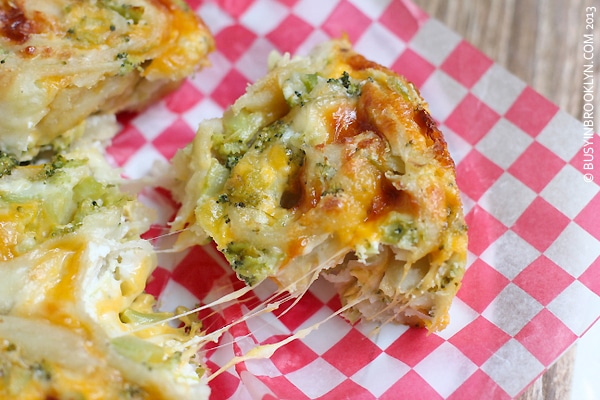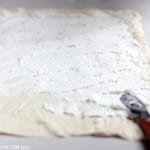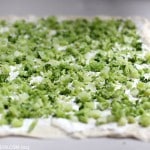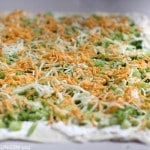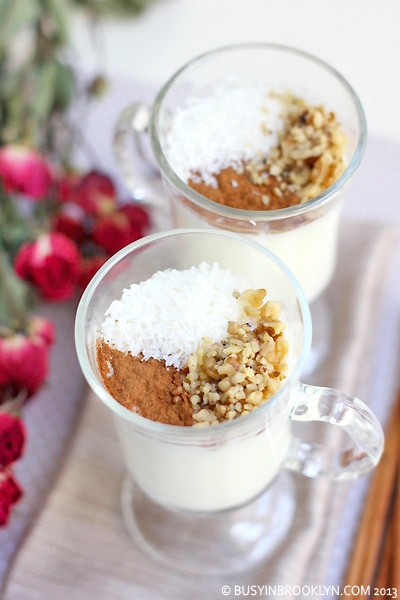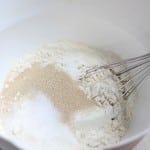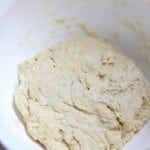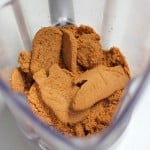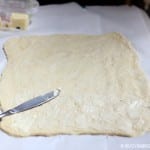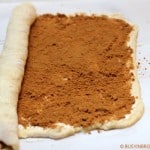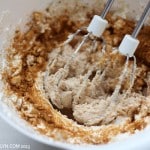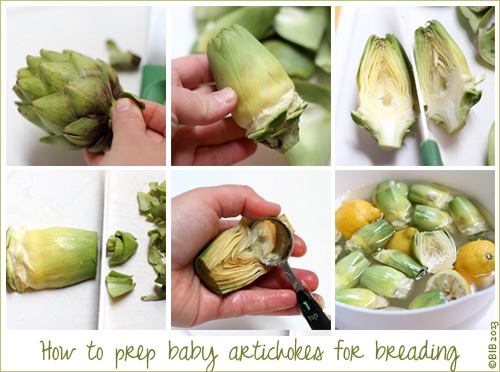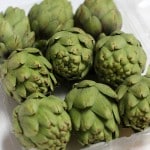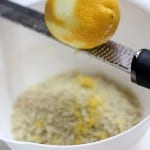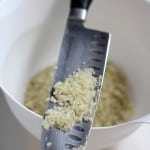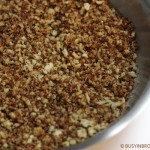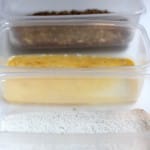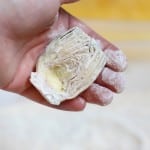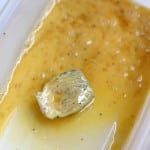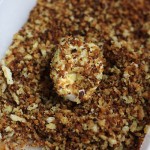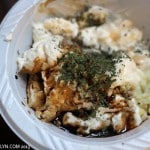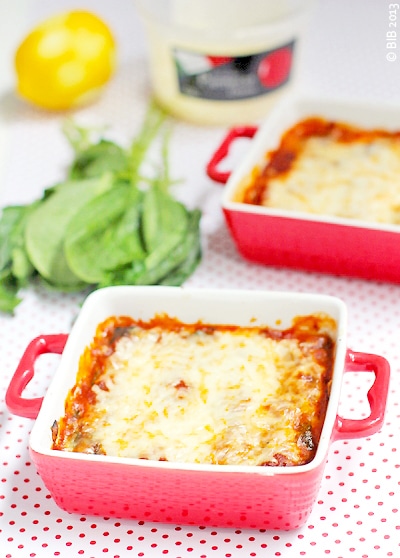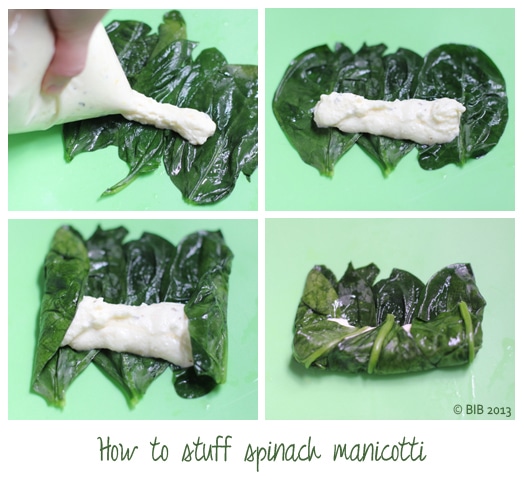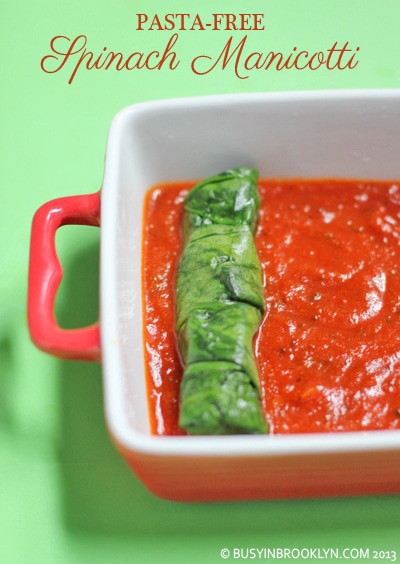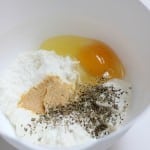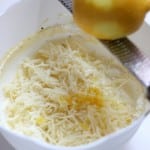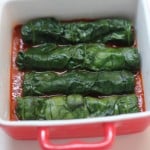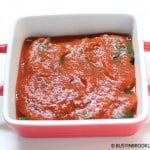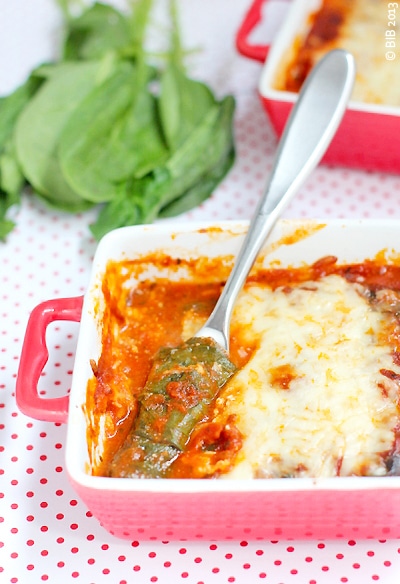
Every since Trader Joe’s introduced their cookie butter, speculoos has been flying off the shelves faster than their pareve chocolate chips disappeared. If you live under a rock, and you still haven’t heard about speculoos, let me fill you in. Speculoos is a spiced shortcrust biscuit, or what Lotus (a popular manufacturer of speculoos cookies) calls, “The Original Caramelized Biscuit.”
Speculoos cookies have been a popular treat in Belgium for years, and are sometimes referred to as Lotus or Biscoff cookies. Their popularity reached new heights, when a few years ago, a woman won a television contest for inventing a sweet spread made from the cookies. Speculoos spread went viral, with many companies, like Trader Joes, selling their own versions.
With TJ’s nonkosher cookie butter’s popularity rising, kosher foodies everywhere were left out in the dark. My fellow kosher food bloggers TheKosherFoodies and KitchenTested wanted a taste so badly, they made their own cookies just so they could crush them up into spread afterward.
But if you know me, the nonbaker, I was not about to follow suit. Slave over homemade biscuits and crush em up into crumbs? What am I, crazy? So I went the easy route…I bought them. And how, might you ask, did I find kosher Lotus cookies? Well it just so happens that I live in Brooklyn, where Pomegranate, the most awesome kosher supermarket in the world, is located. Pomegranate pretty much carries every kosher item available under the sun, from mundane to gourmet. If they don’t have it, it’s probably not kosher. And since Lotus Cookies are manufactured in Israel with a kosher symbol, Pomegranate imports them, so all their kosher consumers can enjoy “The Original Caramelized Biscuit.”

We spoke a lot about Speculoos’ origin, but what about the taste? Well when I first bit into these cookies, I immediately thought of ginger snaps, but without the ginger. They have more of a faint cinnamon & brown sugar taste, and they practically melt on your tongue when you eat them. Basically, they’re insanely delicious.
After picking up a package (ok, maybe 2), I thought about how I could turn these caramelized biscuits into something truly extraordinary. Since they’re reminiscent of cinnamon and brown sugar, I figured I would pulverize them into cookie crumbs, and use them inside, and outside, of cinnamon buns. Instead of a traditional speculoos spread, I did a play on cream cheese frosting, just like you’d spread over traditional cinnamon buns. The results were out-of-this-world amazing. If the picture doesn’t speak louder than words here, I don’t know what will.
Do me a favor. If you live in New York (or Israel for that matter) and you can get your hands on a package of these melt-in-your-mouth cookies, MAKE THIS. Better yet, if you’re up for the challenge, and you can’t get a hold of these cookies. Make your own. And then make this. You can thank me later.
Lotus Cookie Cinnamon Buns with Speculoos Cream Cheese Frosting
1 package Lotus biscuits (250 grams)
3 c. flour, divided
1/4 c. sugar
1 packet quick rise yeast
1 tsp salt
1 c. warm water
6 tbsp butter, softened, divided
1 egg at room temperature
1/3 cup brown sugar
Method:
Grease a 9×13 pan and set aside. Add Lotus cookies (about 30) to a food processor or blender and process into crumbs. Divide into 2 cups.
Add 2 cups flour, sugar, yeast and salt to a large bowl and whisk to combine. Stir in water, 2 tbsp butter and egg. Mix (by hand or with a mixer) until smooth. Gradually add in remaining flour until soft dough forms. Cover with plastic wrap and let rise until doubled, about 30 minutes.
On a lightly floured surface, roll the dough into a 12×15 inch rectangle. Spread with remaining butter. Mix brown sugar with 1 cup of Lotus cookie crumbs. Sprinkle over surface. Starting with 12″ side, roll the dough up tightly.
Cut roll into 12 slices and place in the pan. Cover and put in a warm place (I like to turn my oven on and place it on top) until buns double in size, about 45 minutes. Preheat oven to 375 degrees. Uncover the buns and bake until golden brown, about 25-30 minutes.
Frosting:
1 8 oz. pkg cream cheese
2 tbsp butter, softened
1 cup lotus cookie crumbs
3-4 tbsp milk
Combine all ingredients in a bowl and mix until smooth and creamy.
Spread frosting on buns and serve.

1 year ago: pesto pinwheels
2 years ago: 6-spice Morrocan stew
Post a Comment


